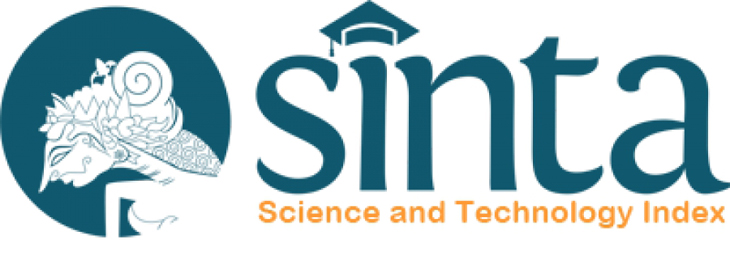Screening for Plagiarism Policy
Articles submitted to MindCare Journal will be screened for plagiarism using a plagiarism detection tool. Journal of Education, Counseling, and Psychology will immediately reject papers that are suggestive of plagiarism or self-plagiarism.
Before submitting an article to reviewers, the article is first checked for similarity/plagiarism by members of the editorial team. Articles submitted to MindCare Journal must have a similarity level of less than 20%.
Plagiarism is the act of expressing another person's thoughts or words as if they were your own, without permission, credit, or acknowledgement, or by failing to properly cite the source. Plagiarism can occur in various forms, from copying literally to paraphrasing someone else's work. To properly assess whether an author has committed plagiarism, we emphasize the following possible situations:
- An author may literally copy another author's work - by copying it word for word, in whole or in part, without permission, acknowledging or citing the original source. This practice can be identified by comparing the original source and the manuscript/work suspected of plagiarism.
- Substantial copying means that an author reproduces substantial portions of another author’s work, without permission, acknowledgement, or citation. The term substantial can be understood in terms of both quality and quantity, which is often used in the context of intellectual property. Quality refers to the relative value of the copied text in proportion to the work as a whole.
- Paraphrasing involves taking ideas, words, or phrases from a source and putting them into new sentences in writing. This practice becomes unethical if the author fails to properly cite or acknowledge the original work/author. This form of plagiarism is the more difficult to identify.











